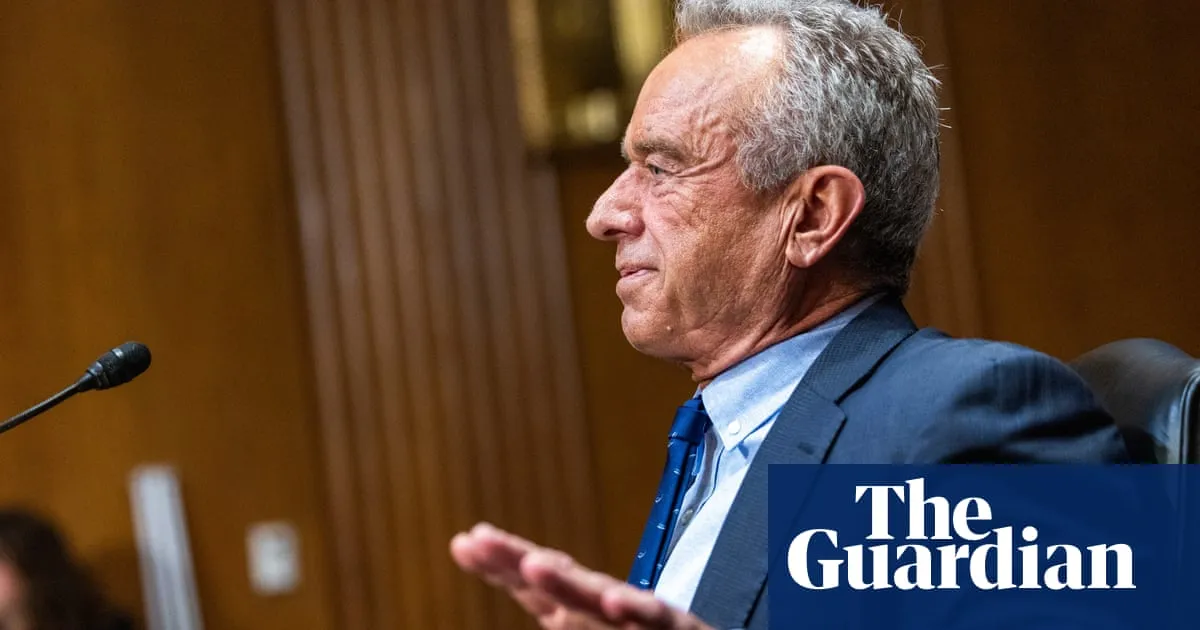
In a recent development that has captured the attention of the public and the media, Susan Monarez, the ousted director of the Centers for Disease Control and Prevention (CDC), has reiterated her claims regarding her dismissal. Monarez asserts that she was fired after resisting attempts by U.S. Health Secretary Robert F. Kennedy Jr. to implement changes to vaccine policies that she believed were not aligned with established scientific evidence.
In an opinion piece published in the Wall Street Journal, Monarez disclosed that she was instructed to pre-approve vaccine recommendations and to terminate career CDC officials. She characterized her removal as part of a larger agenda aimed at undermining U.S. vaccine standards. These allegations have raised significant concerns about the integrity of public health policy and the decision-making processes at the CDC.
During a heated Senate hearing on Thursday, Secretary Kennedy refuted Monarez’s claims, stating that she had not been directed to pre-approve decisions regarding vaccines. He did confirm, however, that he had asked her to fire certain officials, a demand she allegedly resisted. Kennedy’s comments have intensified the dispute between the two, with Monarez’s legal team quickly responding to his assertions.
“Secretary Kennedy’s claims are false, and at times, patently ridiculous,” Monarez’s lawyers stated. They emphasized that she stands by her original statements made in her Wall Street Journal op-ed and is prepared to reiterate her claims under oath.
Prominent Senators, including Bernie Sanders and Elizabeth Warren, have expressed their support for Monarez, urging that she be called to testify before the Senate regarding her dismissal. Such testimony would occur under oath, potentially shedding further light on the controversial changes in vaccine policy and the influence of political figures in public health decisions.
The ongoing saga surrounding Susan Monarez and the CDC's vaccine policy highlights critical issues at the intersection of science, health, and politics, inviting further scrutiny from lawmakers and the public alike.